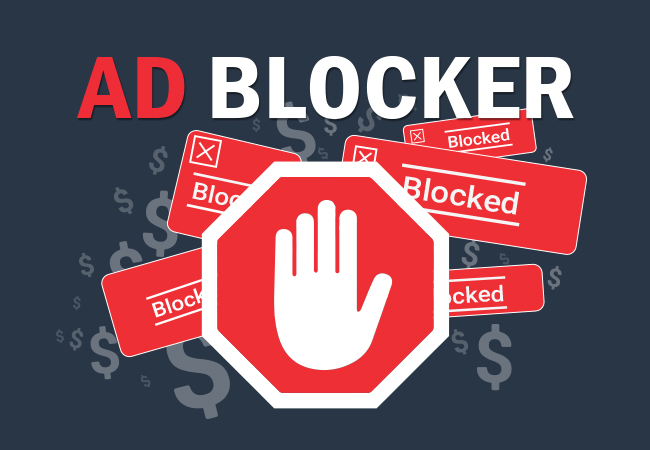Chrome browser editor, Google has decided to impose more drastic rules to developers of extensions that block ads. Soon, only owners of a paid version of Chrome, and therefore businesses, will be able to install ad blockers.
Last October, Google announced its intention to improve the extension system of its Chrome browser. Among the news announced, those grouped in its Manifest V3 were supposed to enhance the security and the respect of the private life. In January, developers discovered that these changes might prevent the operation of many extensions, including ad blockers. Google has clarified its position, confirming the bulk of planned changes.
The new information comes from a message from Simeon Vincent at Google, and especially a sentence: ” Chrome removes the blocking capabilities of the webRequest API in the Manifest V3, not the entire webRequest API (although the blocking will always be available for Enterprise installations.
“The webRequest API is used by many extensions, such as unlock Origin, AdBlock Plus, Ghostery or Privacy Badger, which remove advertisements and protect privacy by blocking certain content on pages before they are not loaded. The upcoming changes mean that only the “Enterprise” version, and thus paying Chrome will to have access to ad blockers in their current form.
An insufficient alternative for developers
Developers will be able to use another system, called declarativeNetRequest, but it works differently and requires the use of filtering rules. It is not only less effective, but Chrome imposes a limit of 30,000 controls. While this figure may seem high, some filtering lists used in blockers, such as EasyList, contain more than 75,000 standards.
Google has indicated to consider increasing this limit, without specifying to what extent. According to Simeon Vincent, Google plans to ” increase these values, but we will not have new numbers before performing performance tests to find a good maximum value that works on all devices supported .”

A golden opportunity for a competition like Firefox and Edge
Raymond Hill, the lead developer of unlocking Origin, has accused Google of wanting to limit blockers to increase its ad revenue. “For Google Chrome to reach its current audience, it had to support content blockers – these are the most used extensions on any browser. Google’s strategy has been to find the optimal point between the two goals of increasing the number of Google Chrome users and preventing content blockers from harming its business. “
These changes could lead users to switch browsers and opt for the leading competitor, Mozilla Firefox, but also browsers based on Chromium, the free project on which Chrome is based. These would offer a browser similar to the one that Chrome users are used to, but will continue to provide powerful advertising blockers, such as the new version of Microsoft Edge, Opera or Brave.